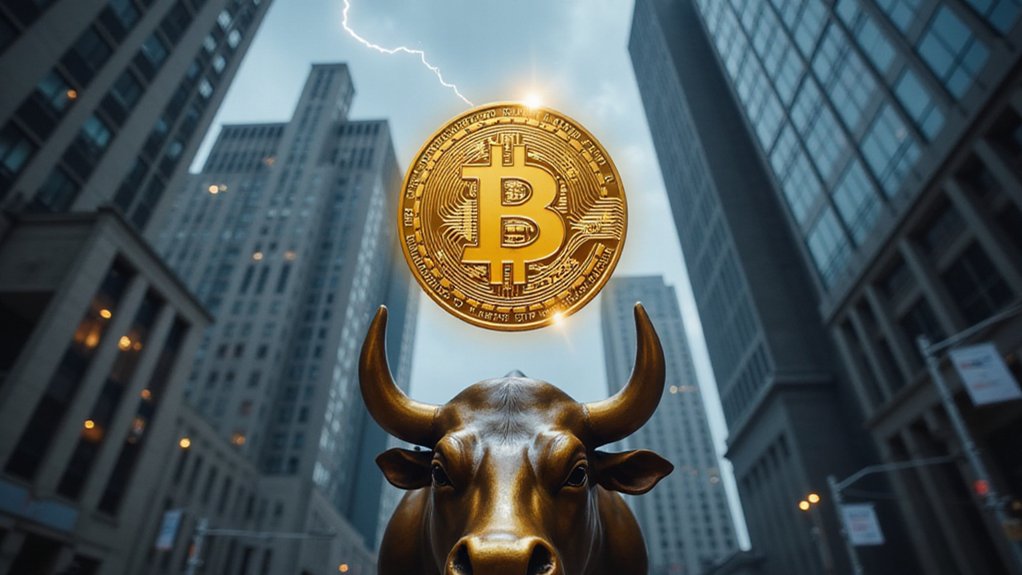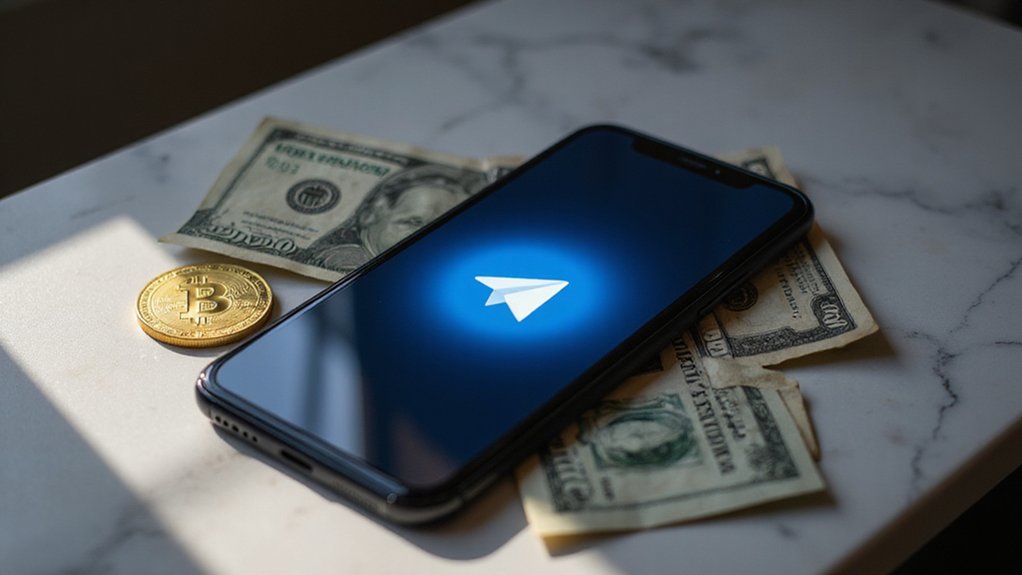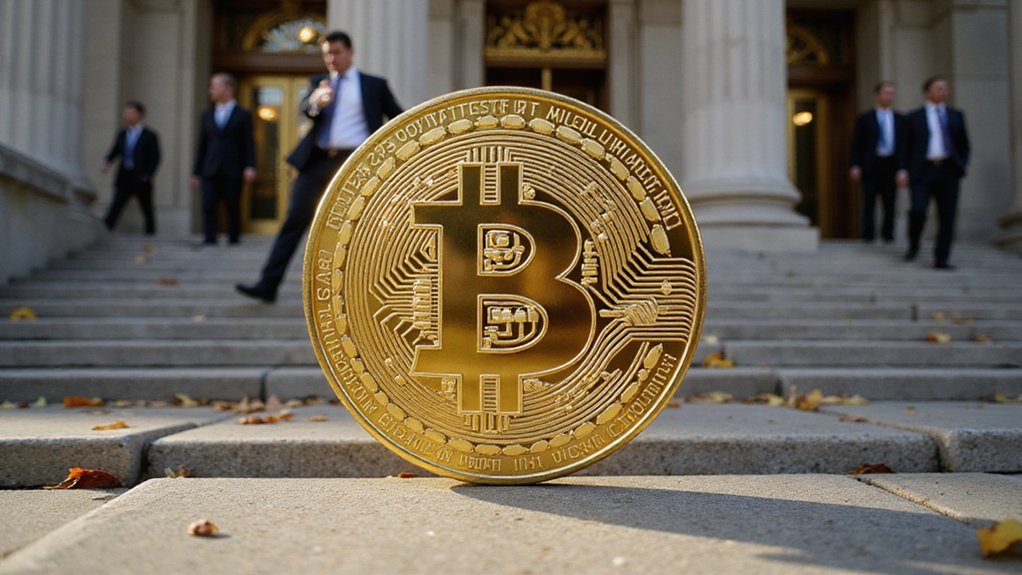When Block Inc.—the company formerly known as Square that has been quietly amassing Bitcoin like a digital-age Midas—joined the S&P 500 on July 23, 2025, it marked more than just another routine index reshuffling.
The fintech darling’s ascension, replacing the soon-to-be-acquired Hess Corporation, introduced something peculiar to the staid world of benchmark indices: a treasury stuffed with 8,584 Bitcoin worth nearly $1 billion.
Block’s inclusion creates an intriguing paradox for the estimated $50 trillion in assets tracking the S&P 500. Index fund investors, many of whom wouldn’t dream of directly purchasing cryptocurrency, now find themselves inadvertently exposed to Bitcoin’s notorious volatility through their vanilla equity portfolios.
The company joins an exclusive triumvirate of S&P 500 constituents holding substantial Bitcoin reserves—Tesla (11,509 BTC) and Coinbase (9,267 BTC)—transforming the venerable index into an unexpected vehicle for crypto exposure. Block becomes the second blockchain company to join the prestigious index, following Coinbase Global’s earlier inclusion.
Markets responded predictably to the announcement, with Block’s shares surging 9% initially and climbing 10.7% by inclusion day. Yet despite this enthusiasm, the stock remained 13% below its 2024 opening value, reflecting broader fintech malaise that even S&P 500 membership couldn’t entirely cure.
The company’s modest 0.09% index weighting belies its symbolic significance—legitimizing corporate Bitcoin adoption within traditional finance’s most watched benchmark.
Block’s entry validates Jack Dorsey’s audacious vision of melding mobile payments, digital finance, and Bitcoin mining into a cohesive ecosystem. The milestone reflects the journey supported by customers, teams, and shareholders who believed in the company’s transformative potential.
The company’s diversified platform spanning Square, Cash App, and Afterpay demonstrates how cryptocurrency integration can complement rather than cannibalize traditional financial services.
This institutional blessing suggests Wall Street’s growing comfort with digital asset strategies, even as regulatory uncertainty persists. While mainstream cryptocurrencies like Bitcoin gain corporate acceptance, the emergence of meme coins with extreme volatility showcases the speculative frontier that institutional investors still largely avoid.
The historical “index effect”—temporary price premiums following S&P 500 inclusion—has weakened considerably over recent decades, with McKinsey research indicating any benefits typically fade within months.
However, Block’s addition represents something more enduring: the gradual mainstreaming of Bitcoin through equity market backdoors, offering conservative investors exposure to cryptocurrency without requiring them to navigate digital wallets or confront their technological anxieties directly.









